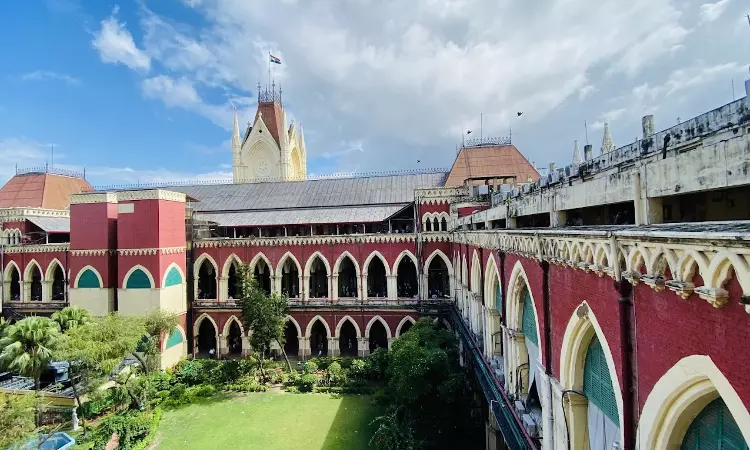The Calcutta High Court single bench of Justice Rai Chattopadhyay held that in case an employee is untraceable for more than seven years and their death is presumed, the terminal benefits should be extended to the heirs of the employee.The bench held that:“This Court is of the view that having not denied service of the said missing person with the respondent Bank for years together the...

